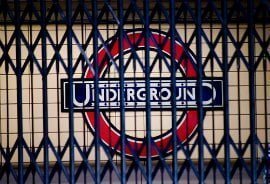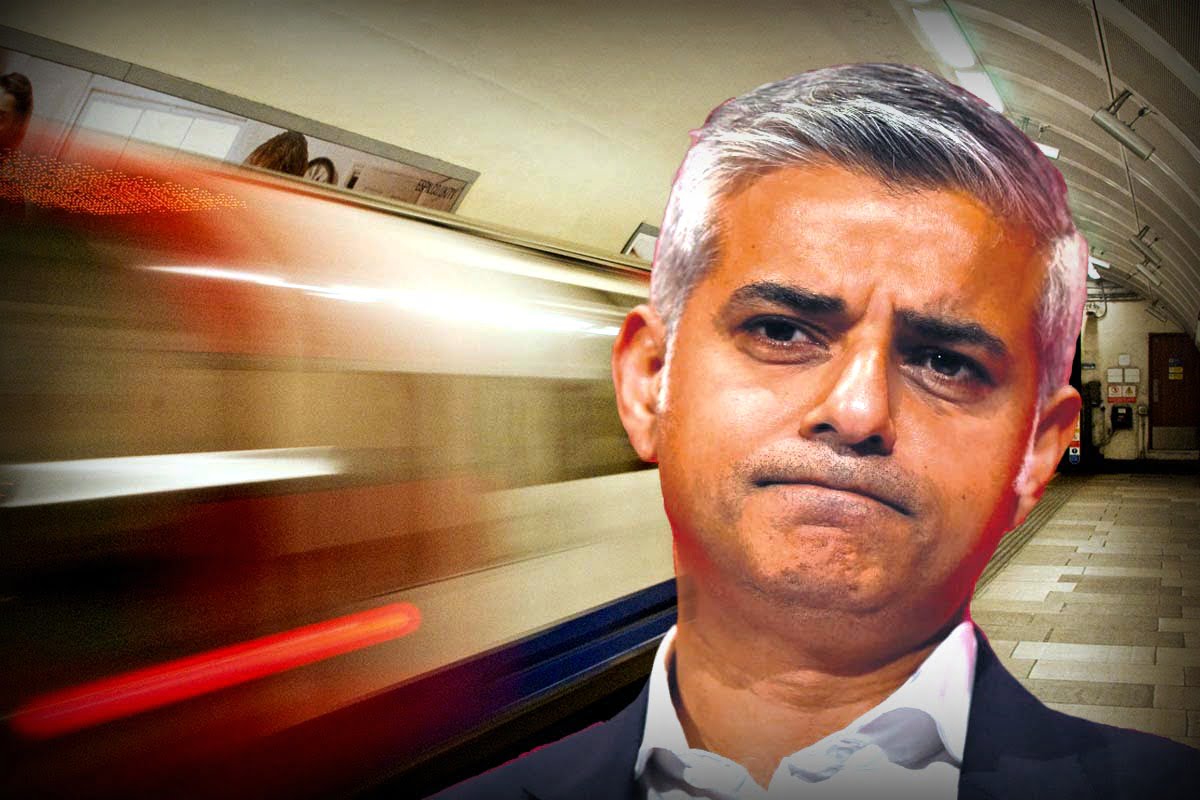Transport for London (TfL) faces renewed funding attacks from the Tory government. Two transport workers look at what this means for TfL workers and for Londoners who rely on the public transport system.
Transport for London (TfL), the main body responsible for London’s public transport system, faces a difficult period ahead.
TfL runs the London Underground network, a considerable amount of the regional railway network, the Docklands Light Railway (DLR), the buses, bus stations, and infrastructure. It also has responsibility for looking after and maintaining the red route arterial roads and the entire traffic-light infrastructure. On top of all this, it will be running the two massive Crossrail projects.
It directly employs 17,000-plus people, along with many more through the contracted supply chain across London. It is, according to its own publicity, a world-class transport system for a world-class city.
All of this makes even more crazy the idea dreamed up by Tory central government that this vast undertaking should now be completely ‘self-financing’.
For over a decade or more this huge organisation, which was set up from the broken remains of London Transport in 2000, has been underpinned by government subsidies. These are vital if the system is to function properly.
Struggling to survive
How will TfL now survive with zero money from government? The answer is: we don’t know exactly. But from what has happened to local authorities up and down the country – and the mess that is the national railway network – we can get a pretty good idea: chaos.
As a prelude, annual wage increases for TfL staff were scrapped in 2013 and replaced with a yearly bonus, dished out on the whims of individual managers.
In the last year, there have been several rounds of job cuts and restructuring. These have been done department by department, so far, by means of voluntary redundancies and early retirements.
The culture in the company has radically changed, with management switching their emphasis to a more corporate profit-driven ethos. It is like an endless game of musical chairs as jobs are shed and people are shifted around.
But this is really only the thin end of the wedge. The process ahead will last years – a process of massive job losses and cuts to services across the field, as TfL is forced to sell the family silver.
Already, pockets of land owned by TfL are being identified for development and sold off to profit-hungry speculators. There have also been moves to shift some operations away from central London to save money. It is also possible that the Dial-a-Ride disability service, which is currently run in-house, could be under threat in the near future.
For united, militant action
 The Underground in particular has been a source of ongoing battles between the various unions and London Underground (LU) management. Over the past five years there have been disputes over pay, terms and conditions, safety concerns, and also the closure of the tube ticket offices.
The Underground in particular has been a source of ongoing battles between the various unions and London Underground (LU) management. Over the past five years there have been disputes over pay, terms and conditions, safety concerns, and also the closure of the tube ticket offices.
LU remains the part of TfL where union density and militancy are strongest. Interestingly, although delivered by an outsourced provider, the DLR has also seen important disputes and strikes over the past period. Both these parts of the network will be important areas of struggle as the reality of subsidy removals starts to bite.
The unions cannot be passive over this. The need for a co-ordinated fightback is critical. This should involve Labour in London and the joint trade unions within TfL and its supply chains across London. Only through united action can we defend this vital public service from the fate that has befallen other public services.
At the moment, London Mayor Sadiq Khan (who has overall responsibility for TfL, backed by the Labour-controlled Greater London Authority) has chosen to play the professional politician and statesman. But that is not what Londoners want.
Instead of passing on the cuts to staff and Londoners generally, Labour needs to lead a mass campaign to stop the breakup and disintegration of TfL by the Tories.
The TfL workforce is potentially the strongest in London. Mobilised, and with a determined leadership at its head, it could sweep all before it and decisively change the political landscape, opening the road to socialism.
We say:
- All cuts in funding imposed by central government to be reversed. All cuts in TfL services to be scrapped.
- All attacks on the workforce to be reversed. Oppose any further cuts in staffing.
- Set up union committees, together with transport user groups, to assess the needs of the capital’s population – don’t leave it to the bosses.
- Mobilise all TfL unions to mobilise across London and fight this attack.
- Bring down the Tories! Labour to power on a socialist programme!






